





























Heidelberg
Institute for
Theoretical
Studies
Think beyond the limits!
The Heidelberg Institute for Theoretical Studies was established in 2010 by physicist and SAP co-founder Klaus Tschira (1940-2015) and the Klaus Tschira Foundation as a private, non-profit research institute.
HITS conducts basic research in the natural sciences, mathematical and computer science. Major research directions include complex simulations across scales, making sense of data, and enabling science via computational research. Application areas range from molecular biology to astrophysics. An essential characteristic of the Institute is interdisciplinarity, implemented in numerous cross-group and cross-disciplinary projects. The base funding of HITS is provided by the Klaus Tschira Foundation.
Also visit our social media channels
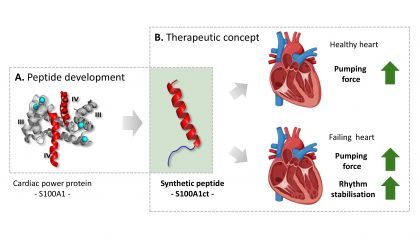
Therapeutic Designer Peptide to Combat Acute Heart Muscle Weakness
Researchers of the Heidelberg University, Heidelberg University Hospital (UKHD) and Heidelberg Institute for Theoretical Studies (HITS) have developed a synthetic peptide …
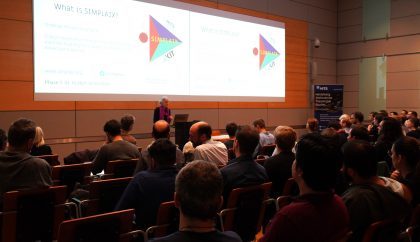
Registration now open: 3rd SIMPLAIX Workshop on “Machine Learning for Multiscale Molecular Modeling”
The 3rd SIMPLAIX Workshop on “Machine Learning for Multiscale Molecular Modeling” will take place in the Studio Villa Bosch in Heidelberg …
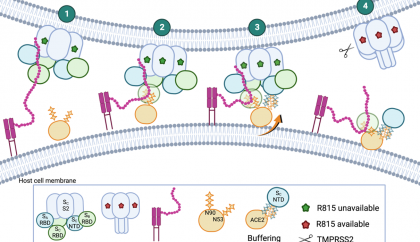
Polysaccharides on Cells: Accomplices in SARS-CoV-2 infection
An international team of scientists in Germany and Italy have published new findings on how specific polysaccharides act as accomplices in …
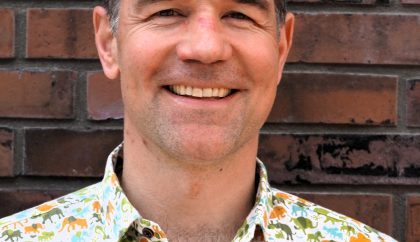
New Klaus Tschira Guest Professor at HITS
HITS welcomes Swiss-British astrophysicist Raphael Hirschi as the 6th Klaus Tschira Guest Professor at the Institute. He has been Professor of …
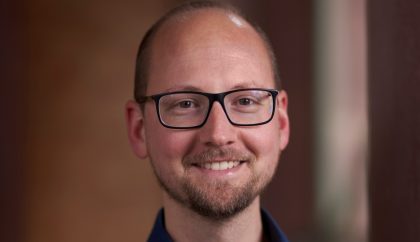
Manfred Fuchs Prize for SIMPLAIX researcher
Congratulations to our SIMPLAIX Principal Investigator Pascal Friederich (KIT) on the award of the Manfred Fuchs Prize 2025 for his outstanding research …

Issue 1 | 2025
HITS kicked off the new year with a change in the scientific leadership. Since January 2025, physicist and computer scientist Kai Polsterer …
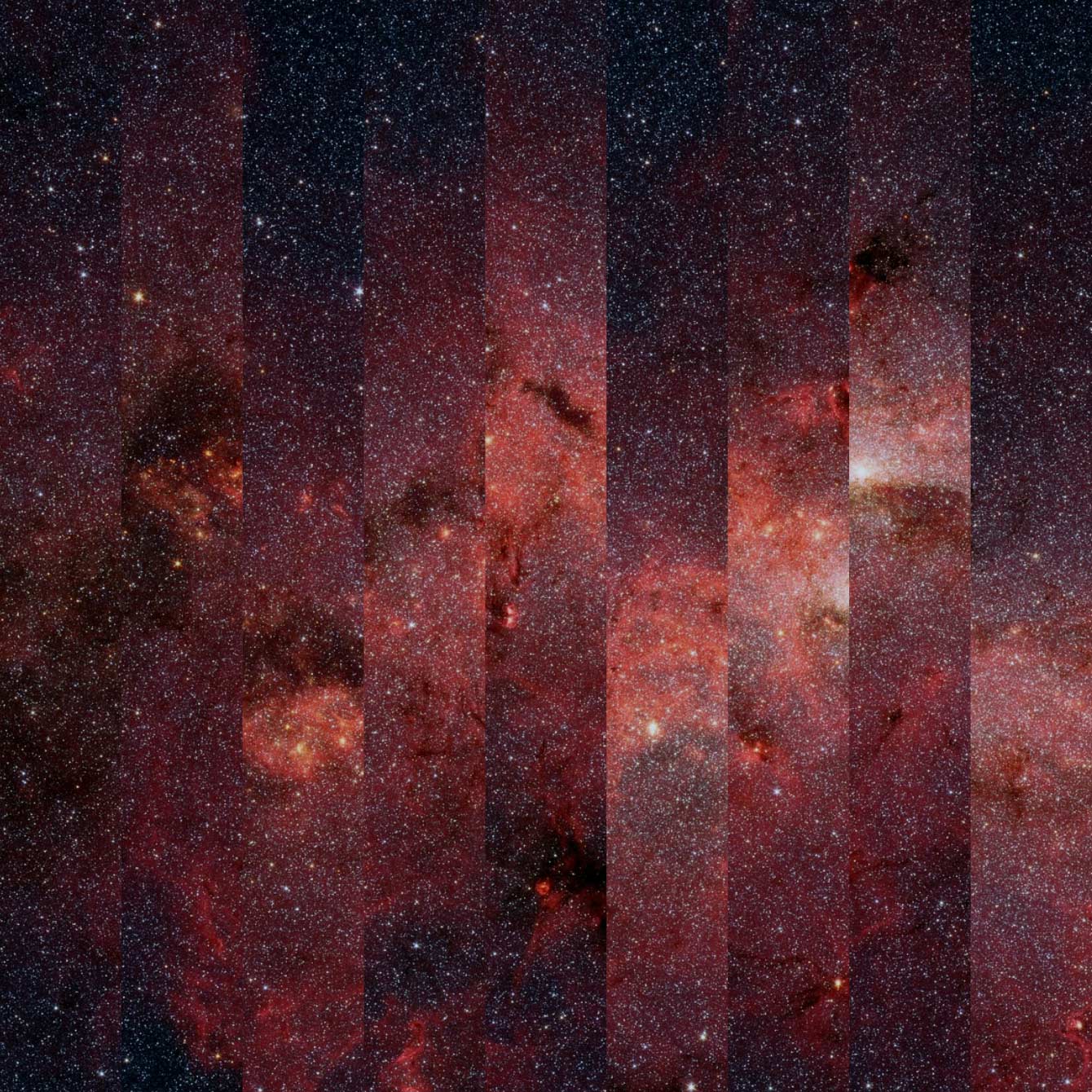
Astroinformatics
The AIN group develops new methods and tools to deal with the exponentially increasing amount of data in astronomy.

Computational Molecular Evolution
The CME group focuses on developing algorithms, computer architectures, and high-performance computing solutions for bioinformatics.

Computational Statistics
The CST group focuses on the theory and practice of forecasts as well as on spatial statistics.

Data Mining and Uncertainty Quantification
The DMQ group uses stochastic mathematical models, high-performance computing, and hardware-aware computing to quantify the impact of uncertainties in large data sets.

Machine Learning and Artificial Intelligence
The MLI group – established at HITS in September 2022 – works on novel algorithms and models for data-efficient learning, geometric deep learning, and …
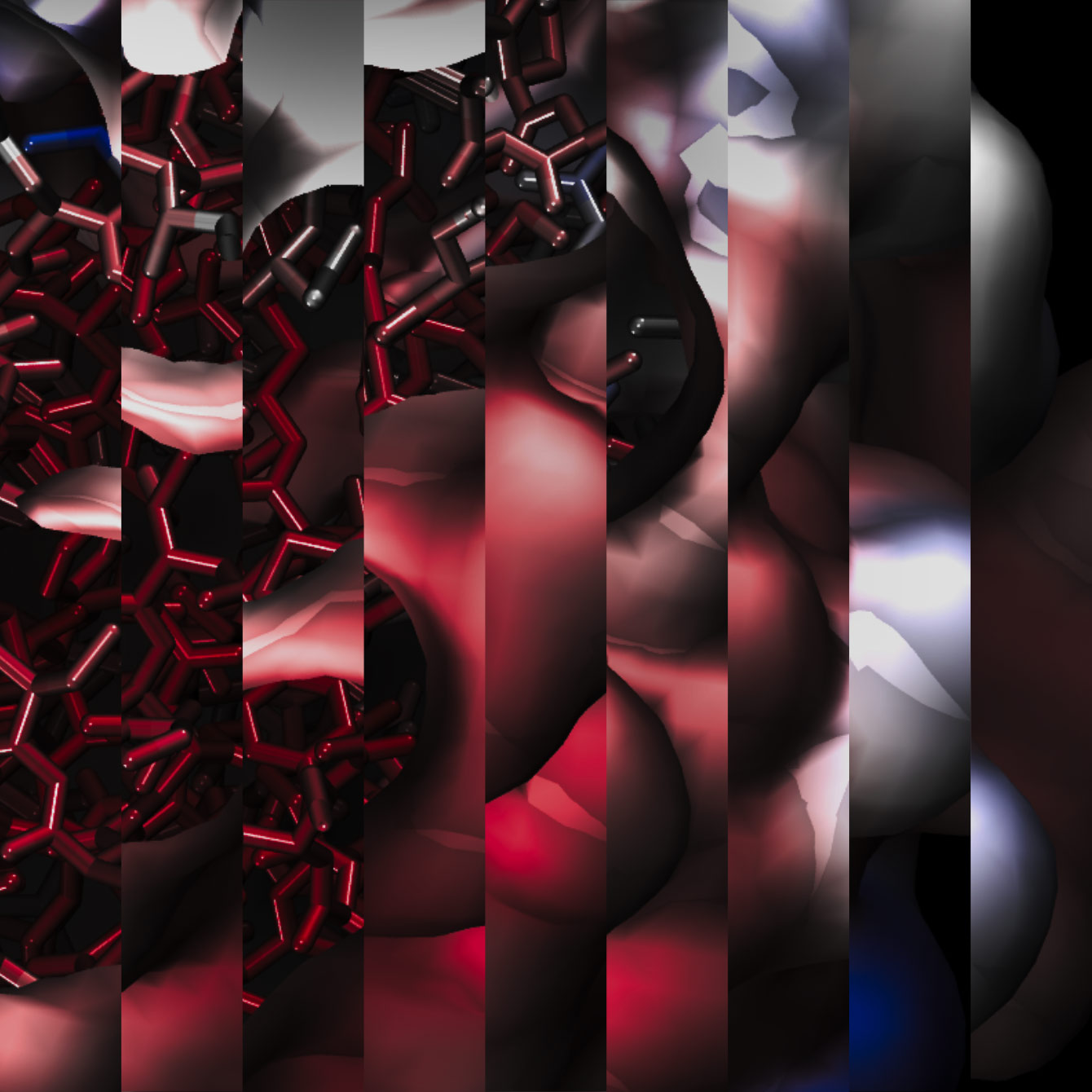
Molecular Biomechanics
The MBM group focuses on deciphering how proteins have been designed to specifically respond to mechanical forces in the cellular environment or as a biomaterial.
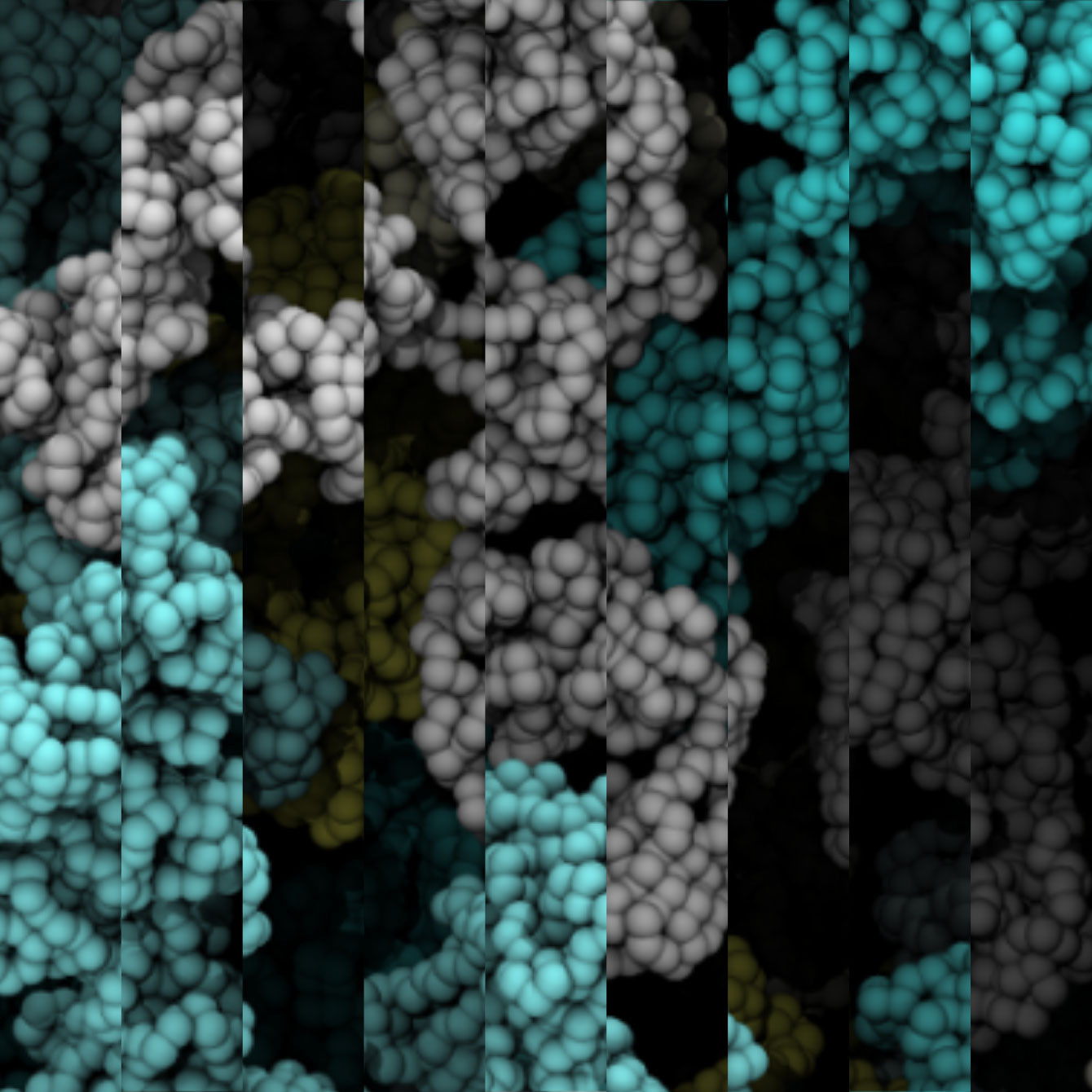
Molecular and Cellular Modeling
The MCM group focuses on the interactions of biomolecules. Research methods include interactive, web-based visualization tools and atomic-detail molecular simulations.

Natural Language Processing
The NLP group develops methods, algorithms, and tools for the automatic analysis of natural language.
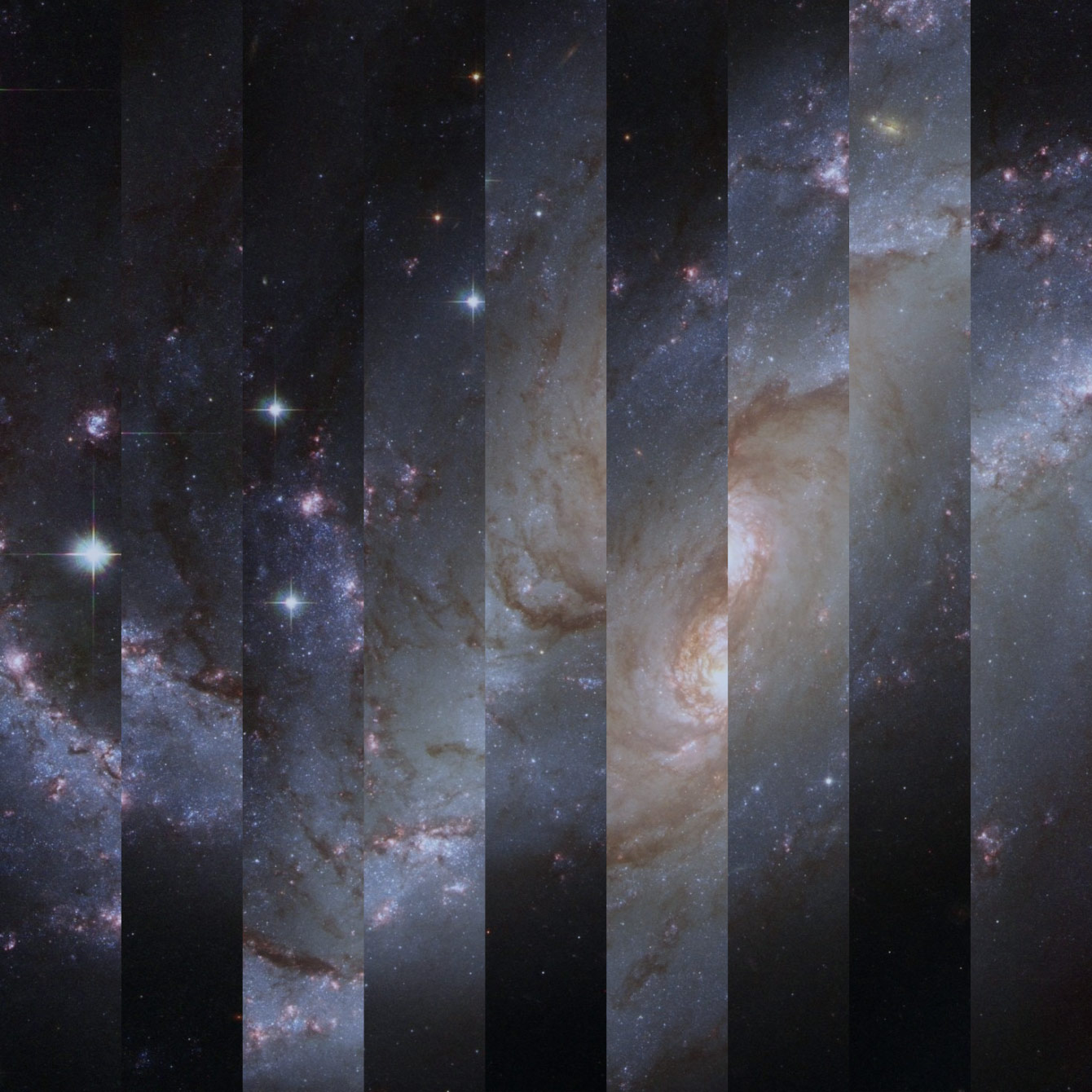
Physics of Stellar Objects
The PSO group models thermonuclear explosions of white dwarf stars leading to the astronomical phenomenon of Type Ia supernovae.
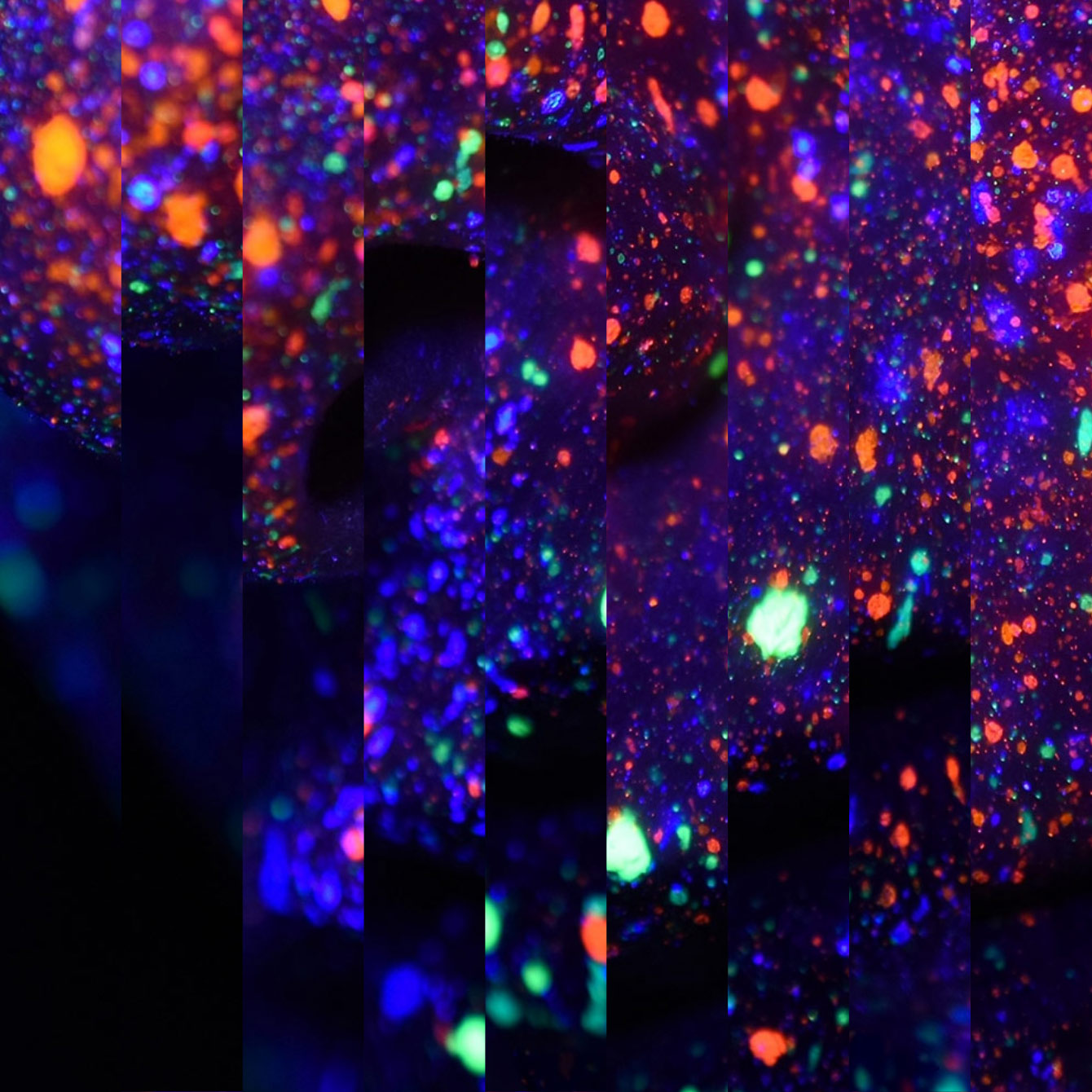
Scientific Databases and Visualization
The SDBV group improves data storage and the search for life science data, making storage, search, and processing simple to use for domain experts who are not computer scientists.

Stellar Evolution Theory
The SET group seeks to investigate the turbulent and explosive lives of massive stars.
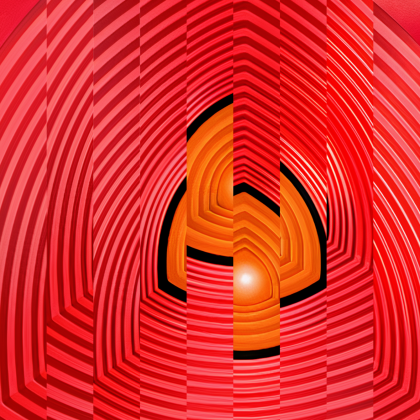
Theory and Observations of Stars
Stars are an important source of electromagnetic radiation in the universe allowing for studies of many phenomena, from distant galaxies to …

HITS Lab
The HITS Lab fosters collaboration across groups and disciplines emphasizing research across disciplinary boundaries.

Klaus Tschira Guest Professorship Program
The Klaus Tschira Guest Professorship Program aims to enhance international exchange and scientific collaboration at HITS in the natural, mathematical and …

HITS Independent Postdoc Program
The HITS Independent Postdoc Program offers a great opportunity for highly talented young scientists wanting to transition from PhD student to …